SUMMARY
This is AI generated summarization, which may have errors. For context, always refer to the full article.
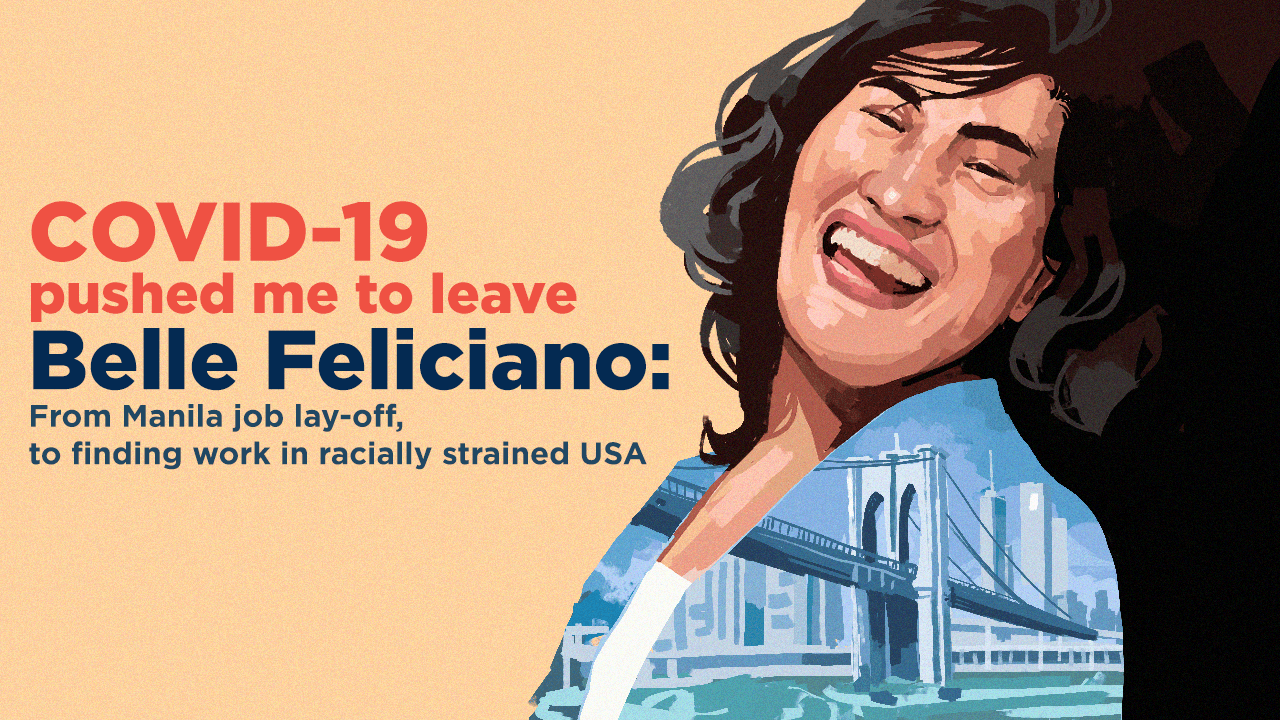
This story is part of COVID-19 Pushed Me to Leave the Philippines, a series of profiles of Filipinos who migrated to other countries during the COVID-19 pandemic.
Somewhere in Philadelphia’s Chinatown, Belle Feliciano comes home to an apartment that looks like a dance studio. There’s basic furniture: a bed, a table, and some chairs. The only decoration is a painting of a mountain in her hallway that reminds her of her home, Antipolo.
It is 24-year-old Belle’s first time living alone. She was suddenly thrust into the need to become independent abroad after she got laid off her job in Manila as the coronavirus pandemic began in March 2020. She worked for a company doing human resource services for clients mostly in the Australian hospitality sector, which was immediately affected as COVID-19 was declared a pandemic.
Belle has been in the States since October 2020 – first staying with her aunt in California, then moving to Philly in February 2021 to be closer to her work.
It was always part of her family’s plan for eldest daughter Belle to migrate. In compliance with US immigration, she needed to begin her US residency before her travel visa expired in October 2020.
Before the pandemic, she did not see the move happening so soon. She had hoped to extend her travel visa to be able to stay in Manila for longer. But the moment she was let go in her previous work, she knew that it was time to go.
“I didn’t see myself leaving Manila just yet,” said Belle, now a recruitment associate in a start-up company based in Brooklyn, New York, a little over an hour’s train ride or two hours by bus from where she lives.
“I definitely was not ready. The pandemic made me ready, out of necessity,” she said.
Belle is one of the faces behind the record-high unemployment rate in April 2020, when it soared to 17.7% – equivalent to around 7.3 million jobless Filipinos.
Her family is based in the Philippines, but because her father had US citizenship, she was able to acquire her green card or residency permit even before landing a job in America. While outward migration was disrupted due to international border closures, Belle recognizes that she was a fortunate exception.
Navigating through racial unrest
Belle arrived in the US as the country was still angered over the death of Black man George Floyd at the hands of a Minneapolis police officer in May 2020. This sparked weeks of nation- and worldwide protests known as the Black Lives Matter movement.
On October 7, 2020, almost five months after Floyd’s death, his murderer Derek Chauvin was freed after posting bail, reviving protests in Minnesota. Belle’s flight to San Francisco came in that same week.
“Everything was boarded up. There was barely anybody in the streets. Also, the bay area is kind of known for being very praning (paranoid) – that’s the best way I can describe them. Whatever happens in Los Angeles, or San Francisco, we’ll be like, okay, lock down,” she said. (READ: How San Francisco police surveillance closed in on Black Lives Matter protests)
She remembers a time she was walking with her aunt, speaking in Tagalog, and heard a white man behind them “grumbling and mumbling.”
“I didn’t think anything of it until I heard what he was saying. He was like, ‘Shut up, shut the fuck up, shut up.’ And then he said, ‘You’re stupid. Can you speak English? Speak English,’” Belle recalled.
This was the sociopolitical climate Belle had to deal with as she spent months in the difficult journey of trying to find a job. She was willing to work anywhere, even if it meant away from the comforts of San Francisco.
“I knew, coming into it, I couldn’t afford to be picky. I was also looking for regular jobs, like in Costco or in retail stores. I was just applying and hoping that I could get either a white collar, or a blue collar job, that’ll do. I’m okay with that,” the psychology graduate said.
“I knew I wasn’t being financially supported by my parents the moment I left on that plane. I’m really on my own now. I mean, there is my aunt, obviously there’s that privilege that I can stay in her place…but I can only stay there for so long,” she added.
In February 2021, she tried her luck at a New York-based LinkedIn posting that was in line with the career path she wanted – recruitment and tech – which had 300 other applicants.
At this point, there was a recorded rise in Asian hate crimes, partly attributed to then-president Donald Trump’s calling the coronavirus “China virus” and “kung flu.”
In planning her move, the need to factor in safety was strange to her: “I now have to consider racism, [thinking] I hope nobody will kill me here because of how I look.”
Within a short period of time, she was able to sell herself to the hiring company with the internships she took in Manila. While she loved San Francisco, the high cost of living and political uneasiness that were felt in the city pushed her to pack up again and move to the east coast.
Maiintindihan ‘nyo pag pumunta kayong Manila.
The reminder of Belle’s permanent feelings of foreignness brings about thoughts of the Philippines, and the way Filipinos responded to the pandemic compared to the Americans who now surround her. She says there are few Filipinos in the area she lives in now.
“I’m still grasping how come [many don’t want] to take the vaccine here. You want to exercise your freedom, to do what exactly? Not take the vaccine while other people have already died?” she said.
“It’s funny how Americans take for granted what they have,” Belle added, looking back at the Philippines with a heavy heart.
In Rappler’s Zoom call with her, she visibly lamented the alleged billion-peso corruption in the Philippine Health Insurance Corporation, the spoilage of COVID-19 vaccines, the fact that President Rodrigo Duterte, accused of crimes against humanity, remains popular, while Americans complain about their President Joe Biden because the roads still have potholes.
“Pumunta kayo sa Manila. Maiintindihan ‘nyo pag pumunta kayo sa Manila,” she wants to tell them. (Come to Manila. You’ll understand if you come to Manila.)
Building a dream
While she misses the Philippines, Belle envisions staying in the US in the near future. This is contrary to her original plan of staying for only five years to get US citizenship, and then going home.
She said her job has given her a sense of security in her career path, as well as the group she has formed with other migrants who also moved during the pandemic. At the same time, Belle recognizes that she is privileged with choices that other migrants may not have as they seek employment during the pandemic.
“I do recognize that, at the end of the day, I am privileged to have these kinds of thoughts…. I can afford to help out my parents when I can, and not be forced to,” she said.
One day, she hopes to come back to Manila and start a business. She doesn’t know what kind of business yet, but it is on the horizon.
“I still want to have a reason to go back. I mean, eventually I know I’m going to go back, but maybe, for now, it’s going to be delayed.” – Rappler.com
Add a comment
How does this make you feel?


![[Time Trowel] Evolution and the sneakiness of COVID](https://www.rappler.com/tachyon/2024/02/tl-evolution-covid.jpg?resize=257%2C257&crop=455px%2C0px%2C1080px%2C1080px)



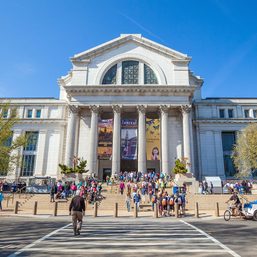
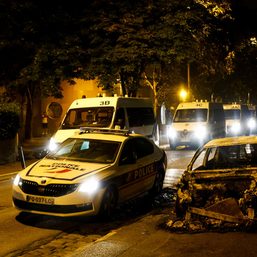
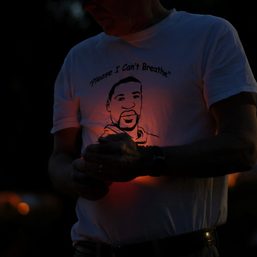
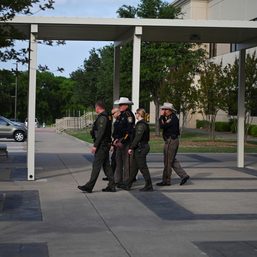
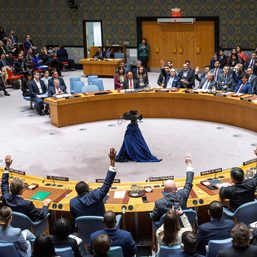
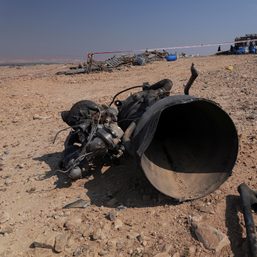
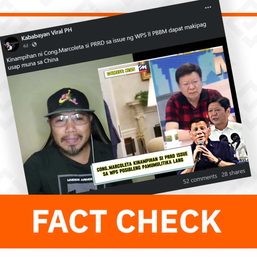
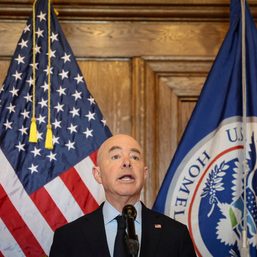
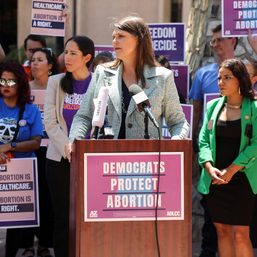

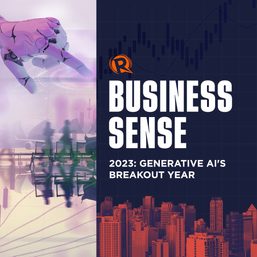

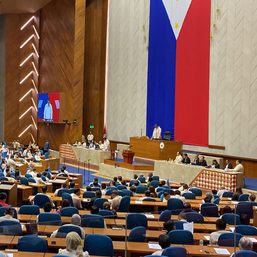
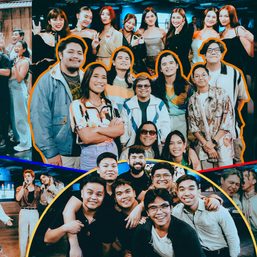
There are no comments yet. Add your comment to start the conversation.